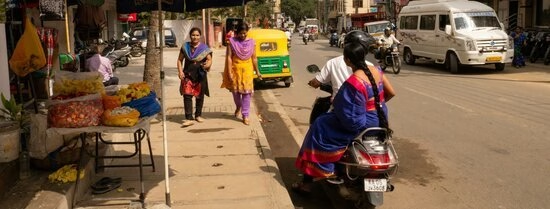The Feminist Urbanism Cluster starts from the premise that a feminist lens is vital for reimagining cities as spaces of justice, inclusion, and care. It critically engages with how gender and intersecting inequalities shape everyday urban life, governance, and spatial politics and aims to advance gender-transformative urban development through feminist research, education, and praxis.
Gender, intersecting with other forms of social differentiation, plays a crucial role in shaping how cities are imagined, planned, governed, and lived. It influences urban planning, climate justice, housing, digital transformations, and the design of social and physical infrastructures that respond to contemporary urban challenges. Yet gender remains largely sidelined in dominant urban theory, policy, and practice, often treated as an add-on rather than a core concern. Drawing on feminist, intersectional, and decolonial frameworks, the Feminist Urbanism Cluster challenges prevailing urban paradigms centering gender to how we drive and redistribute the impacts of urban transformations. Its work spans research, education, professional training, curriculum development and policy advisory to promote gender-transformative and intersectional approaches in urban research, education and practice. Focus areas include climate justice, housing, displacement, resettlement, social movements, intersectional planning and caring cities. Through diverse collaborations, the cluster positions IHS as a hub for feminist urban knowledge and transformative practice.
